
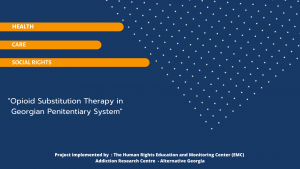 Advocating findings and recommendations of advocacy project titled Accessibility of Opioid Substitution Therapy in Georgian Penitentiary System funded under Center for Training and Consultancy (CTC) project Health, Care and Social Rights and facilitation of putting into practice of relevant recommendations.
Advocating findings and recommendations of advocacy project titled Accessibility of Opioid Substitution Therapy in Georgian Penitentiary System funded under Center for Training and Consultancy (CTC) project Health, Care and Social Rights and facilitation of putting into practice of relevant recommendations.
Implementing agency: The Human Rights Education and Monitoring Center (EMC), addiction research center – Alternative Georgia
Project duration: 7 months
Opioid Substitution Therapy (OST) is the most effective approach for treating opioid dependency, it significantly reduces use of illegal drugs, spread of infections, deaths caused by drug overdose and crime. OST efficiency is in direct correlation with the duration of treatment – the longer a person undergoes the treatment the lower is the possibility of him or her going back to illegal drug use. OST is represented in the form of a several month detoxification process in the Georgian penitentiary system and even the individuals who were involved in OST before incarceration are forced to stop the therapy. As a result of the research carried out by Ilia State University and Alternative Georgia the barriers impeding introduction of this therapy in the penitentiary system have been identified. Legal framework, physical infrastructure readiness level in prisons, lack of qualified personnel/need for their training and insufficient awareness among health managers working in the penitentiary system regarding this problem are some of the barriers identified. The present advocacy project aims at eradicating the identified barriers and implementing the most critical recommendations of the aforementioned research.
Project’s objective is to support implementation of the recommendations presented in the research titled Access to Opioid Substitution Therapy in Georgian Penitentiary System. More specifically, a sort of action plan is going to be elaborated where gradual expansion of treatment program areas in the penitentiary, actualization of this subject in public policy agenda, elaboration of relevant legal framework and action plan by a multisector working group and raising public awareness on OST through close cooperation with the community members are going to be stipulated.

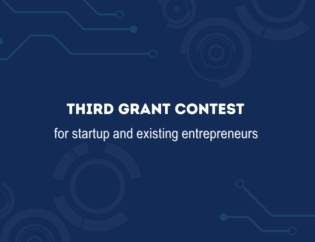
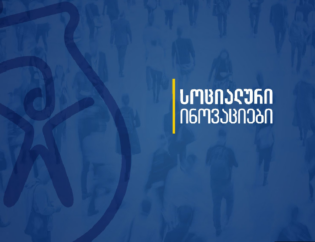
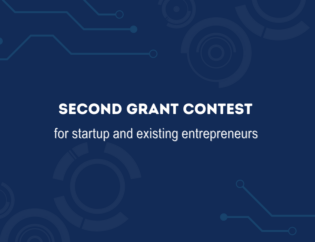
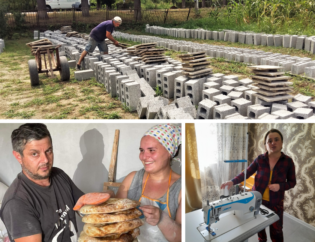
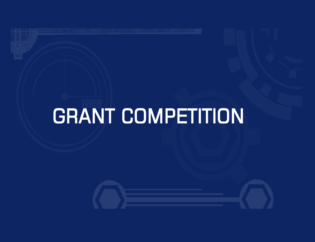
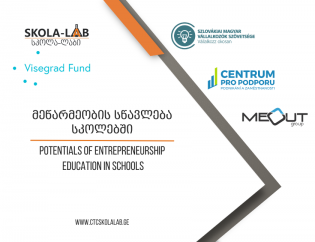
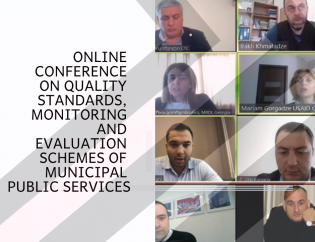

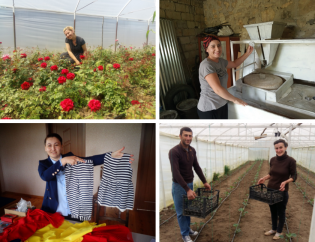
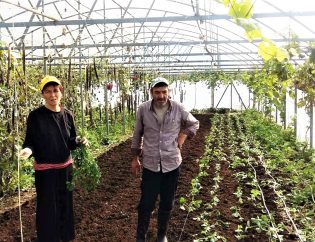
You must be logged in to post a comment.